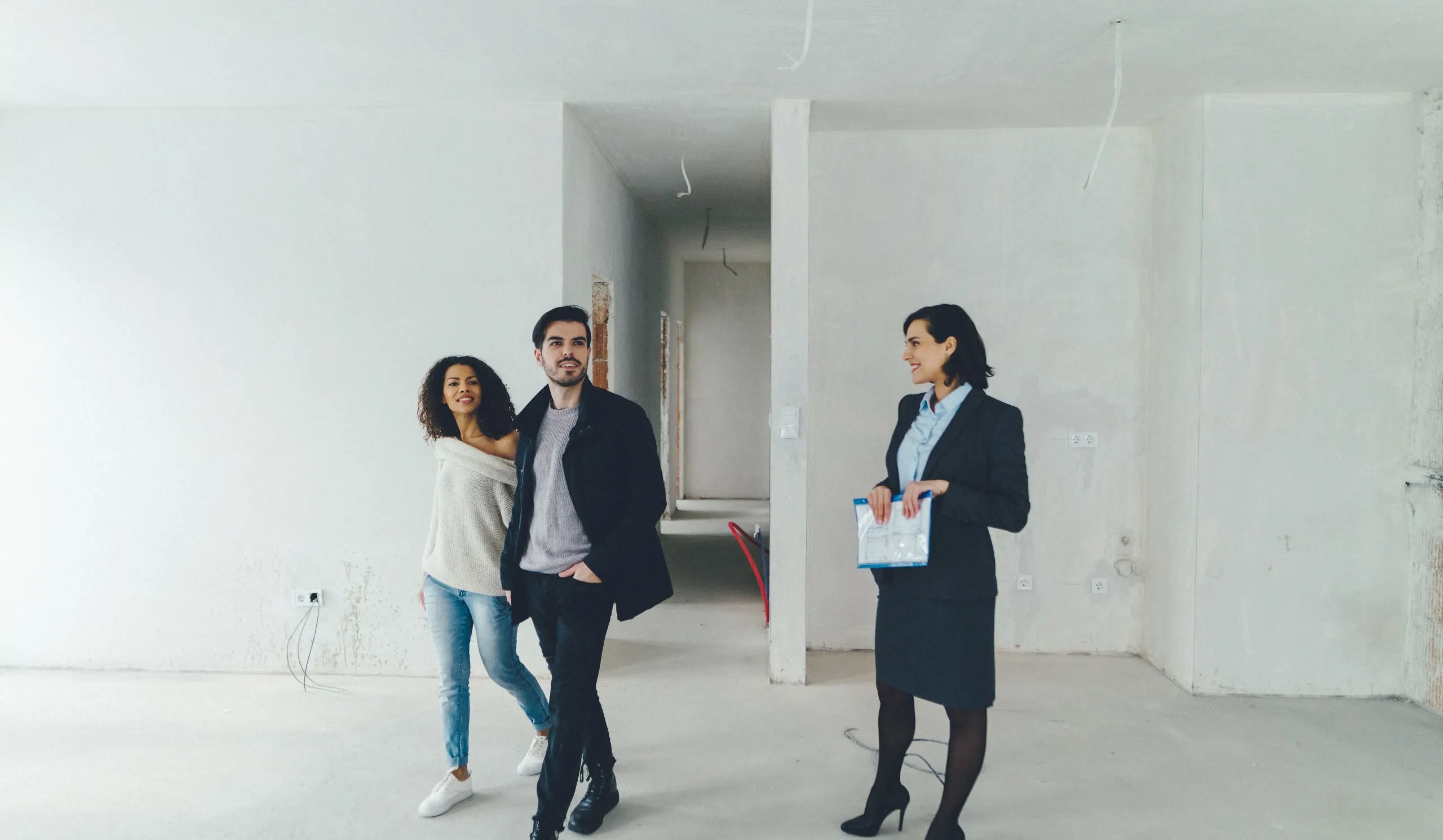December 1, 2024
Considerations when buying a property to remodel

When buying a property to remodel, many factors come into play, from the purchase price and property condition to the overall scope of the remodeling project. Whether you’re interested in creating a dream home or increasing a property’s resale value, here’s a thorough guide covering essential aspects to consider before committing to a property for remodeling.
Defining remodeling goals
Personal vs. investment property
The purpose behind the remodel is vital. For instance, if you plan to live in the property, you may be inclined to invest more in personalization and high-end finishes. For investment properties, the goal is to increase value with cost-effective upgrades that maximize appeal to potential buyers or renters.
Setting clear budget and timeline
Establish a realistic budget and timeline for the entire project before committing to a purchase. Consider the financing options available for the remodel, and ensure that you account for unexpected costs, as these often arise during remodeling.
Understanding market value
Assessing the market value of similar remodeled properties in the area can help you estimate the potential appreciation and the resale value after the remodel. Working with a real estate advisor can provide deeper insights into local market trends and help you find properties with high appreciation potential.
Choose a property where your remodeling efforts are likely to pay off. Older homes in established neighborhoods or up-and-coming areas tend to have the best appreciation potential after renovations.
Budgeting for the remodel
Estimate the overall project costs as accurately as possible, including both the visible work (like new flooring and painting) and hidden expenses, such as plumbing, wiring, and permits.
Set aside an additional 10–20% of your budget as a contingency fund. Remodels often come with surprises, and having this cushion can save you from financial strain.
Permits and zoning regulations
Local building codes and regulations
Check local zoning laws and regulations, as they can impact the type and extent of renovations you can undertake. Some properties may have restrictions on expansions or structural changes, so verify these before purchasing.
Requirements for renovation permits
Most remodeling projects require permits, which are crucial for ensuring that the work complies with building codes. Failure to secure permits can lead to fines or delays in your remodel.
Choosing the right location
When remodeling with resale or rental potential in mind, choose a property located near amenities, public transportation, and quality schools. These factors increase the property’s market appeal and value.
Consider the growth potential of the neighborhood. A property in an up-and-coming area with planned infrastructure developments is likely to see an increase in value over time.
Prioritizing structural improvements
Foundational and roofing issues should take priority, as they impact the property’s structural integrity. Fixing these issues first provides a safe base for other remodeling efforts.
Update old wiring, plumbing, and HVAC systems to ensure that the property is safe, energy-efficient, and compliant with current building codes.
Designing for functional layouts
When remodeling, aim for functional layouts that optimize space. Open floor plans and well-thought-out kitchens and bathrooms can improve the property’s overall appeal and value.
Consider small touches that enhance appeal, such as a spacious kitchen island, a walk-in shower, or additional storage solutions.
Cost-effective renovations
Focus on cosmetic upgrades (such as painting, flooring, and lighting) that make a big impact without major costs. Structural changes (like tearing down walls) can add value but may be less cost-effective.
Consider upgrades that provide value on a budget, such as fresh paint, modern light fixtures, and updated hardware on cabinets and doors. These upgrades create a modern look without breaking the bank.
Selecting quality materials and contractors
Opt for materials that balance quality and cost-effectiveness. Using durable materials in key areas like kitchens and bathrooms can enhance the home’s value and reduce the need for future repairs. Choose experienced, reputable contractors to avoid delays, unexpected costs, and quality issues. Research their past projects, check for positive reviews, and ensure they are licensed and insured.
Maximizing energy efficiency
Energy-efficient homes appeal to modern buyers and help you save on utilities. Sustainable designs, such as solar panels or energy-efficient appliances, are investments that attract eco-conscious buyers.
Consider upgrades like double-pane windows, LED lighting, and enhanced insulation. These not only reduce energy costs but also increase the property’s appeal and value.
Staying within your remodeling timeline
Break the project into achievable milestones to help you monitor progress and stay on schedule. Be realistic about each phase and allow extra time for unexpected delays.
Remodeling delays are common, but having a contingency plan and being flexible with your timeline can help you adapt. Regular communication with contractors is key to managing progress.
Selling potential and ROI (Return on investment)
Research similar properties in the area to estimate the resale value after remodeling. Understand the features and finishes that appeal to local buyers, as these can directly impact resale value.
Calculate the return on investment by comparing the remodel costs to the anticipated increase in market value. This step is crucial for investors looking to maximize profitability.
Conclusion
Buying a property to remodel offers great opportunities to create a personalized space or a high-value investment, but it also comes with its own set of challenges and considerations. From setting a budget to understanding market trends, each decision shapes the overall success and satisfaction of the project. Carefully evaluating factors like property condition, structural needs, and local regulations will prepare you for a smoother remodeling journey. With thoughtful planning and clear goals, you can transform a dated property into a valuable, functional, and stylish space.
At Amigo Country we can help you navigate the real estate market to choose an ideal property that can be remodeled, study and investigate market trends, recommend architects, engineers and construction firms that can guarantee a positive outcome of a remodeling project so that you can maximize profit or, if you plan to live in the property, to make the property meet your expectations of comfort quality and functionality.
